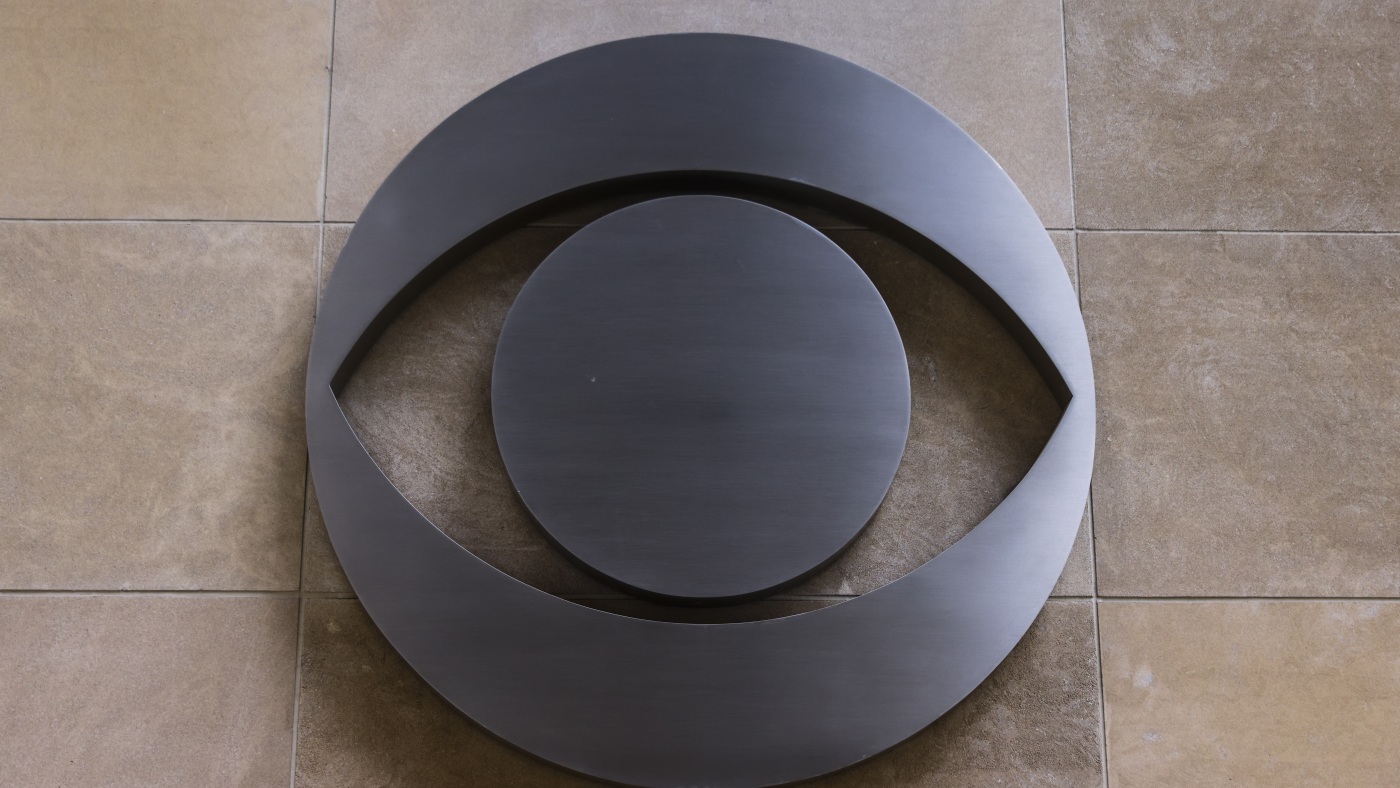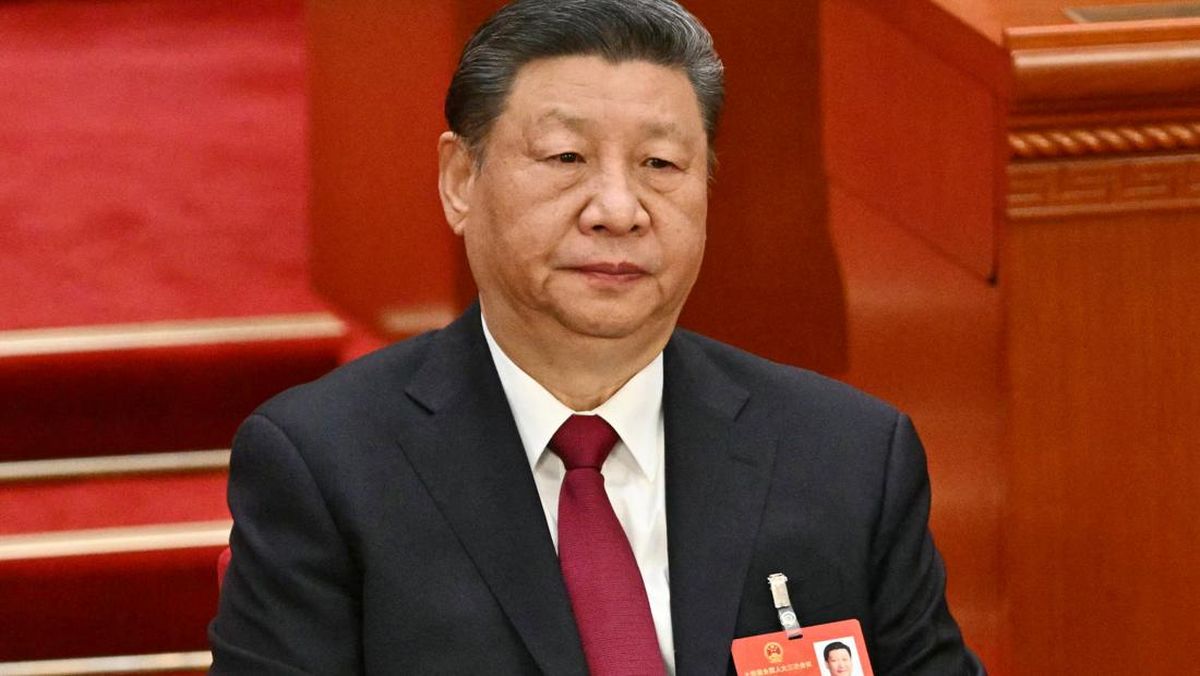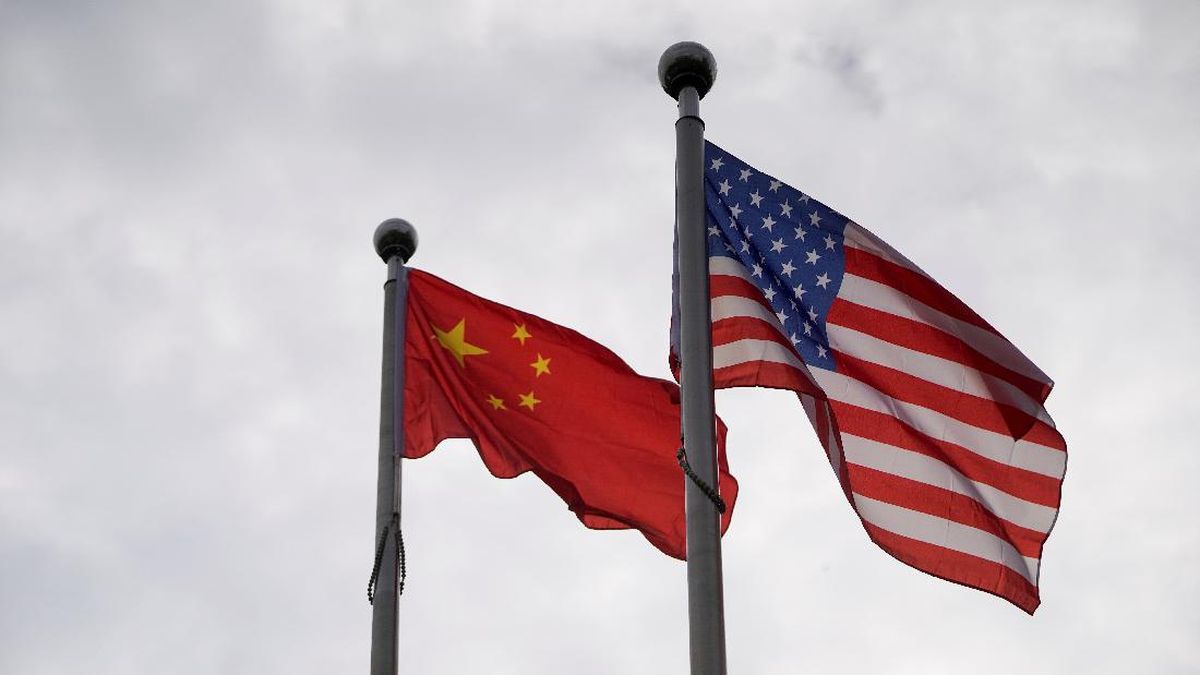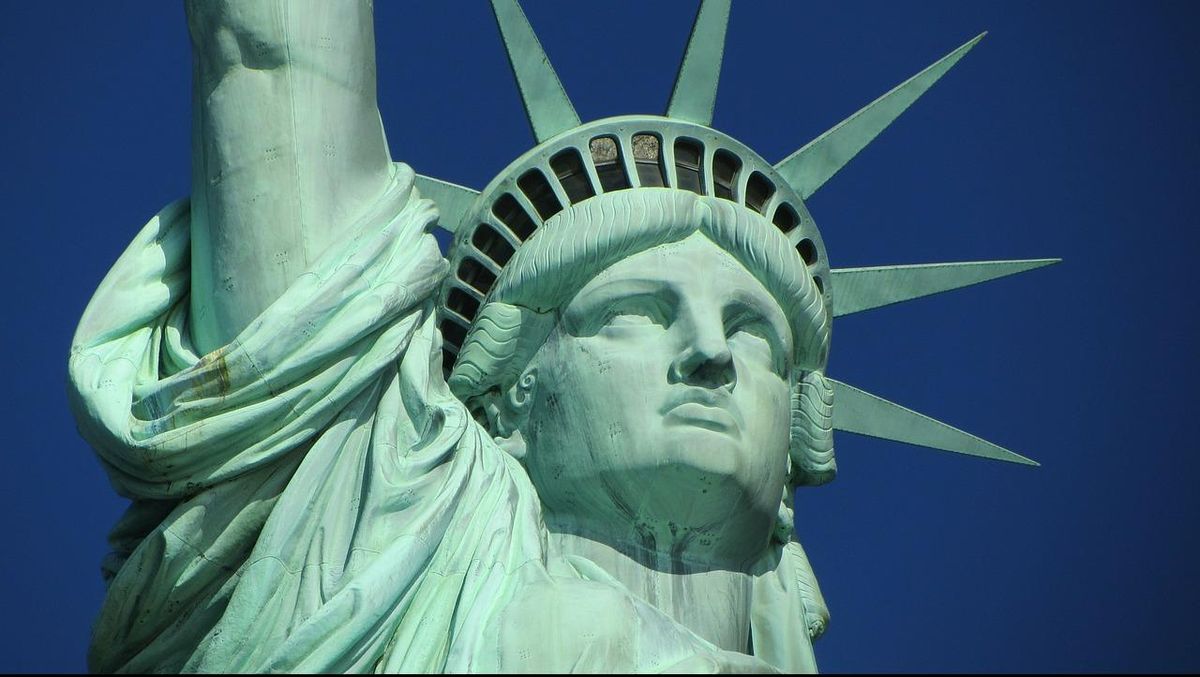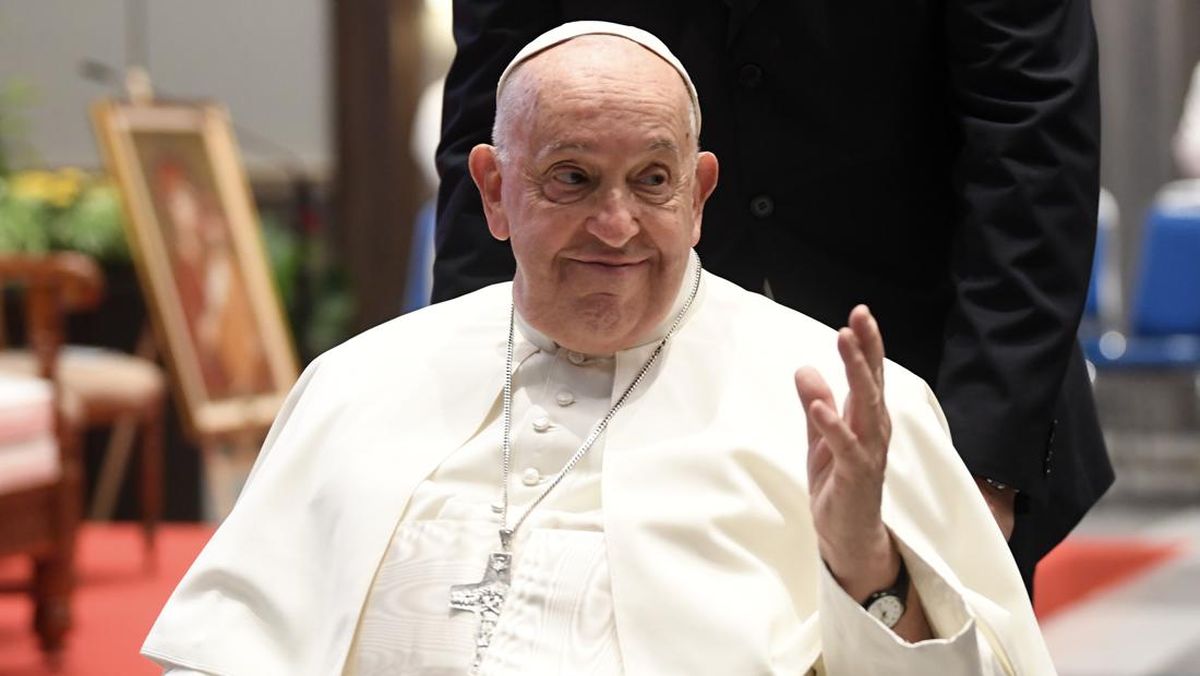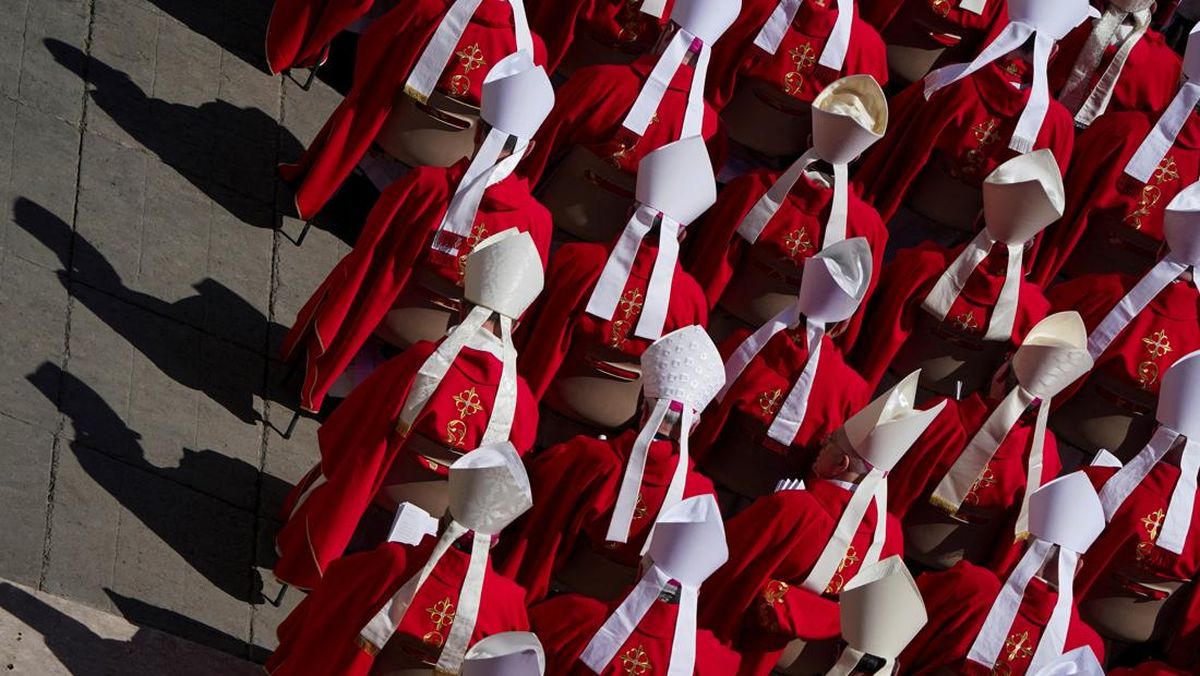
President Trump has ordered all federal funding of public media cease. In March, NPR CEO Katherine Maher and PBS CEO Paula Kerger testified such cutbacks would hurt local member stations that serve as a free source of news, education, entertainment, and disaster preparedness information for areas poorly served by corporately owned media. DREW ANGERER/AFP via Getty Images/AFP hide caption
toggle caption
DREW ANGERER/AFP via Getty Images/AFP
The Trump administration has drafted a memo to Congress outlining its intent to end nearly all federal funding for public media, which includes NPR and PBS, according to a White House official who spoke to NPR.
The memo, which the administration plans to send to Congress when it reconvenes from recess on April 28, will open a 45-day window in which the House and Senate can either approve the rescission or allow the money to be restored.
The official, who spoke to NPR on condition of anonymity, confirmed the existence of the draft.
In a statement on Monday that did not refer to the memo, the White House said: "For years, American taxpayers have been on the hook for subsidizing National Public Radio (NPR) and the Public Broadcasting Service (PBS), which spread radical, woke propaganda disguised as 'news.'" The statement includes examples of what the White House said is "trash that passes as 'news" and "intolerance of non-leftist viewpoints."
NPR produces the award-winning news programs Morning Edition and All Things Considered, while PBS is best known for its nightly PBS News Hour and high-quality children's programming, such as Daniel Tiger's Neighborhood.
Earlier this month, on social media platforms, Trump blasted the two primary public broadcasting networks, posting in all caps: "REPUBLICANS MUST DEFUND AND TOTALLY DISASSOCIATE THEMSELVES FROM NPR & PBS, THE RADICAL LEFT 'MONSTERS' THAT SO BADLY HURT OUR COUNTRY!"
President Trump is expected to propose rescinding $1.1 billion — two years worth of funding for the Corporation for Public Broadcasting, or CPB, a congressionally chartered independent nonprofit organization that in turn partially funds NPR and PBS.
In making the move, the president appears to be drawing impetus from a House Oversight subcommittee hearing in late March. The panel called NPR and PBS' chiefs to testify, alleging the networks' news coverage is biased against conservatives.
In a statement, NPR said: "Eliminating funding for the Corporation for Public Broadcasting would have a devastating impact on American communities across the nation that rely on public radio for trusted local and national news, culture, lifesaving emergency alerts, and public safety information."
"We serve the public interest. It's not just in our name — it's our mission. Across the country, locally owned public media stations represent a proud American tradition of public-private partnership for our shared common good," it said.
PBS did not immediately respond to a request for comment.
Accusations of political bias
At the hearing, the public broadcasting heads spoke of their mission to provide free, non-partisan news and programming to all Americans.
Some Republican lawmakers, however, vented about what they saw as biased reporting. "You can hate us all on your own dime," said Rep. Marjorie Taylor Greene, the chair of the subcommittee that held the hearing. House Oversight Committee Chair James Comer, R-Ky., complained about NPR's coverage of how he structured his investments with a shell company.
Republicans assailed NPR chief Katherine Maher for political messages she'd posted to social media long before she became the network's CEO and president in March 2024. Their questioning also focused largely on stories published before her arrival at NPR.
They queried PBS CEO and President Paula Kerger about a video involving a performer in drag singing a variation on a children's song for a young audience. (Kerger testified that the video was posted on the website of PBS's New York City member station and never aired on television.)
Both PBS and NPR provide locally grounded content and reach more than 99% of the population, at no cost to viewers and listeners. In many states and communities, the stations serve as a key component of emergency and disaster response systems.
Congress allocated $535 million for the CPB for the current fiscal year — an amount affirmed in a recent stop-gap bill passed by the Republican-controlled U.S. House and Senate. The CPB's budgets are approved by Congress on a two-year cycle in large part to insulate it from political pressures; Congress has appropriated funds through Sept 30, 2027.
Where public broadcasting's money comes from
NPR receives about 1% of its funding directly from the federal government, and a bit more indirectly; its 246 member institutions, operating more than 1,300 stations, receive on average 8% to 10% of their funds from CPB. In turn, they pay NPR to air its national shows. By contrast, PBS and its stations receive about 15% of their revenues from CPB.
The bulk of CPB funding goes to local stations — mostly to subsidize television, which is more expensive than radio.
Stripping away such financial support would wipe out smaller stations, the public broadcasting chiefs testified, especially in rural regions and other areas ill-served by corporate-owned media. It would also weaken the broader public media system. Alaska Public Media's chief executive testified that the funding was vital to his state network and to ensuring his reporters' stories found a broader audience.
"Without PBS, without NPR, you wouldn't hear stories — news stories, public affairs stories, community stories — from Alaska," Alaska Public Media CEO and President Ed Ulman said. "You wouldn't see them on the PBS NewsHour. This is vital. It's vital for Alaskans to know that they're connected to their nation, and that what we do in Alaska matters to our nation."
A recent Pew Research Center poll found that 43% of U.S. adults surveyed favored continued federal support for NPR and PBS, with 24% saying it should be cut. However, by political affiliation, the results were more stark, with 44% of Republicans favoring an end to federal funding of the public broadcasters, while 69% of Democrats said it should continue.
Trump administration launches attacks on media outlets
Over its five and a half decades of existence, public broadcasting has mostly enjoyed bipartisan support, allowing it to survive periodic conservative pushes to strip the system of taxpayer dollars.
But recently, Brendan Carr, Trump's pick to lead the Federal Communications Commission, launched an investigation of NPR and PBS, saying it appears that their corporate underwriting spots violate laws banning commercial advertisements.
The networks say the agency and Congress have encouraged them repeatedly to develop a greater share of private financial support. They have worked assiduously for years with the FCC to ensure that their spots fall within FCC guidelines. Other news organizations supported by the U.S. government have also moved into the crosshairs in the early months of the Trump administration.
In New York, a judge has placed a temporary restraining order on presidential adviser Kari Lake's attempt to shut down the federally owned Voice of America. In Washington, D.C., another judge ruled the government had to keep sending funds that Congress already had committed to Radio Free Europe/Radio Liberty.
Those lawsuits — and others — argue that Trump has far exceeded the expansive powers of the presidency, usurping Congressional prerogatives, trampling on due process and eroding free speech rights.
Even so, the White House has succeeded in previously unimaginable ways; representatives of Trump's budget-slashing DOGE initiative, aided by Washington, D.C. police officers, forced their way into the U.S. Institute of Peace (USIP) so that the administration could take it over. The Institute, while funded by Congress, is an independent nonprofit like CPB.
Fired USIP employees are now suing the Trump administration. U.S. Justice Department attorney Brian Hudak has said in court that plans already are underway to lease USIP headquarters to the U.S. Labor Department. The judge overseeing the case has, to date, declined to issue a temporary restraining order to stop the transfer of assets to the government, although she said the administration has adopted a "bull in a china shop" approach.
Lake, who is also overseeing the effort to dismantle other federally funded international broadcasters, echoed Trump's remarks on NPR & PBS. "Defund ALL Fake News and Turn them Off," she tweeted, pointing to the hearing in late March as more grist.
Disclosure: This story was reported and written by NPR Correspondents David Folkenflik and Scott Neuman. It was edited by Deputy Business Editor Emily Kopp and Managing Editors Gerry Holmes and Vickie Walton-James. Under NPR's protocol for reporting on itself, no NPR corporate official or news executive reviewed this story before it was posted publicly.

 2 months ago
98
2 months ago
98


















